Colonel Oleksandr Tkachuk was born in the Khmelnitsky region, Ukraine in 1980.
He is a career officer who joined the SSU in 1997.
In 2002 Oleksandr Tkachuk graduated from the National Academy of the Security Services of Ukraine earning a Bachelor’s degree in Law.
After graduation, he started as an active duty officer and served in various positions both in a regional SSU office and the SSU Headquarters.
Between 2002-2004, he served in the SSU Khmelnitsky Regional Office. After the transfer to Kyiv in April 2004, Col Tkachuk held different offices in the Central Directorate of the Security Service of Ukraine.
In 2009-2010 Oleksandr Tkachuk earned a Master of Science degree (with distinction) in Defense Analysis from the Naval Postgraduate School in Monterey, California, U.S.A.
From March 2014 to June 2015, he served in the Counterintelligence Department of the Security Service of Ukraine.
Col. Tkachuk was appointed Chief of the International Cooperation Center of the Security Service of Ukraine in June 2015.
Afterwards, he served as the Chief of Staff of the Head of the Security Service of Ukraine from November 2015 to May 2017.
From May 2017 to June 2019 Colonel Oleksandr Tkachuk served as the Chief of the SSU Regional Office in Lviv, Ukraine.
Since September 2020 until present, he has served as a counsellor of the Mission of Ukraine to NATO, coordinating, among other things, Ukrainian cooperation in the cyber domain.
Oleksandr Tkachuk is married and has a son.


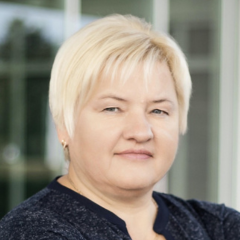


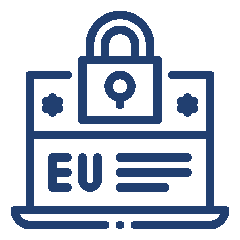




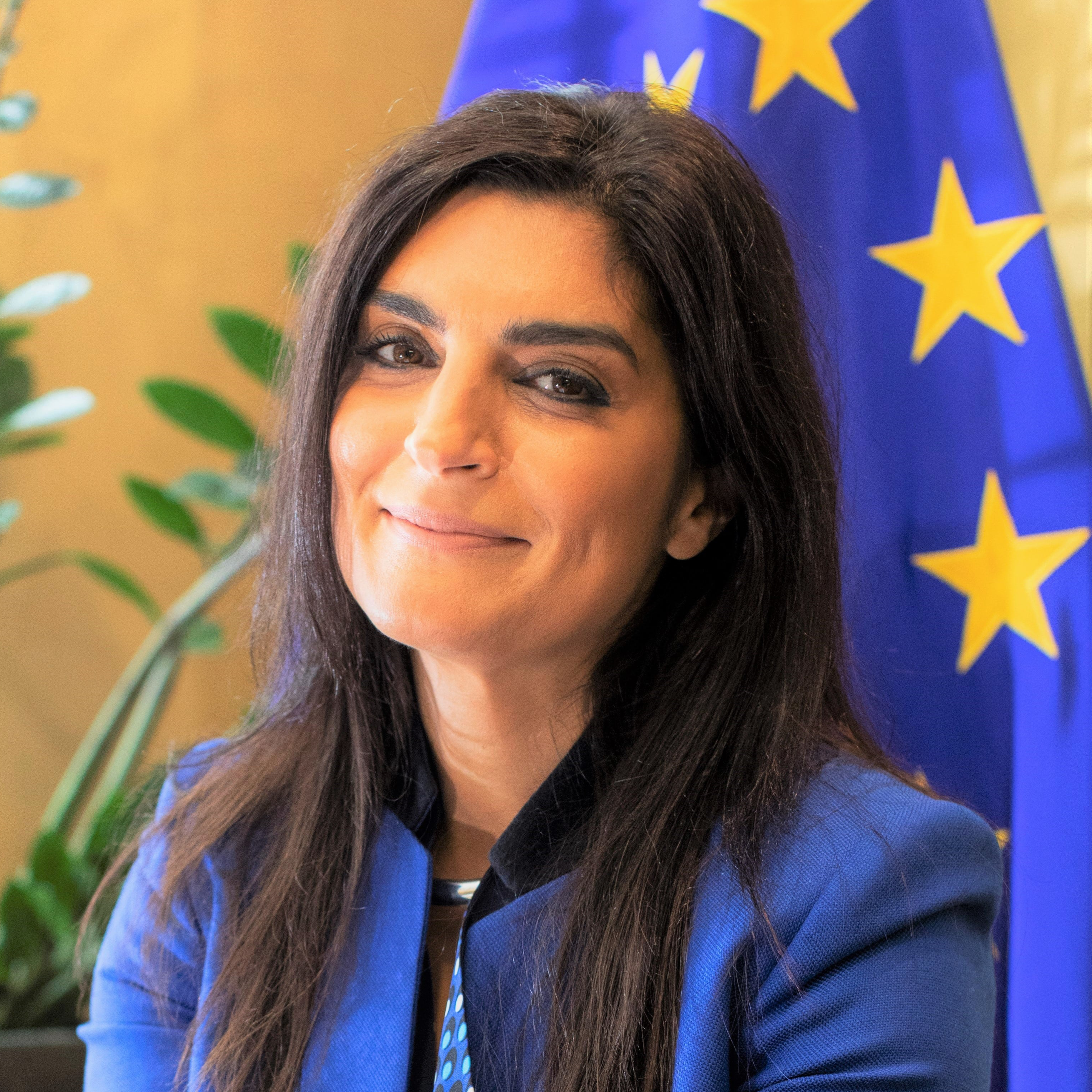



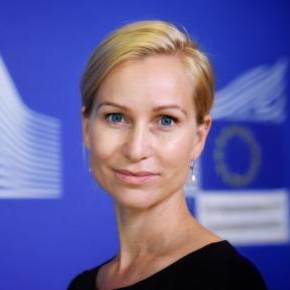








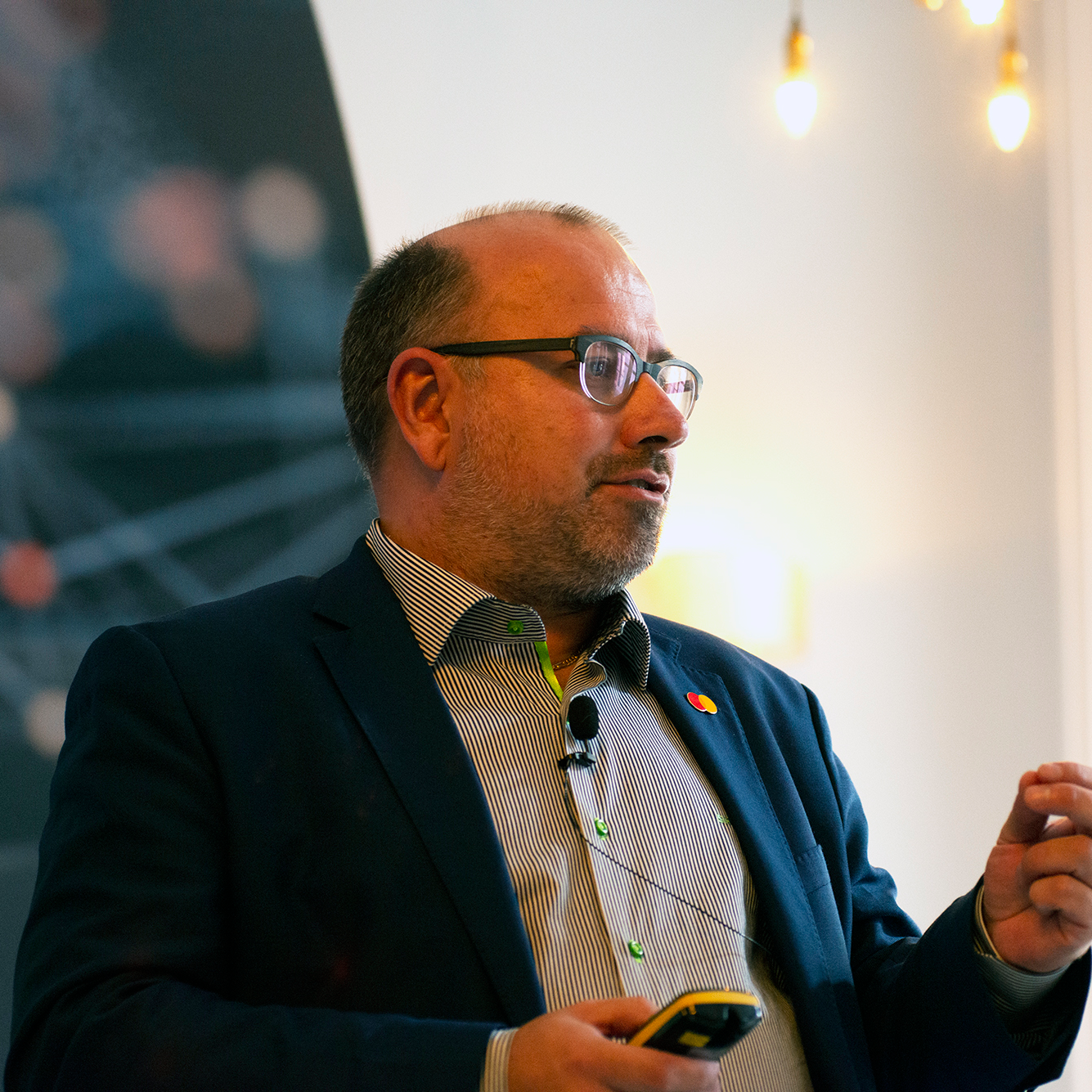


 Christopher Porter,
Christopher Porter, 


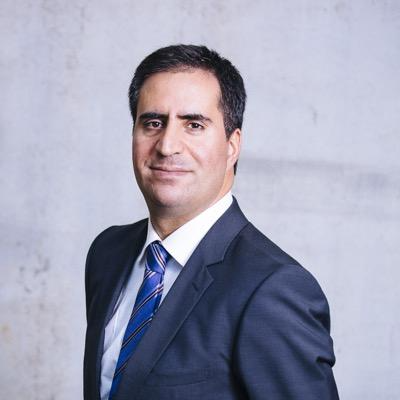



















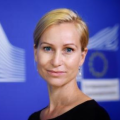














































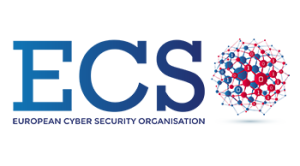



 EU Issue Tracker’s team of Brussels-based policy analysts help you not only monitor, but act on changes in EU policy. We capture all EU dossiers’ latest developments and future timelines and monitor, catalogue, and assess their implications. Acting as a policy radar, EU Issue Tracker identifies future regulatory initiatives before they become formal proposals, helping you identify risks and opportunities stemming from EU policy. By removing the intensive manual work involved in policy monitoring, EU Issue Tracker saves you time with clear and concise updates. We proudly support 60+ global organisations in the transport and automotive sectors to stay ahead of EU regulatory developments.
EU Issue Tracker’s team of Brussels-based policy analysts help you not only monitor, but act on changes in EU policy. We capture all EU dossiers’ latest developments and future timelines and monitor, catalogue, and assess their implications. Acting as a policy radar, EU Issue Tracker identifies future regulatory initiatives before they become formal proposals, helping you identify risks and opportunities stemming from EU policy. By removing the intensive manual work involved in policy monitoring, EU Issue Tracker saves you time with clear and concise updates. We proudly support 60+ global organisations in the transport and automotive sectors to stay ahead of EU regulatory developments.





